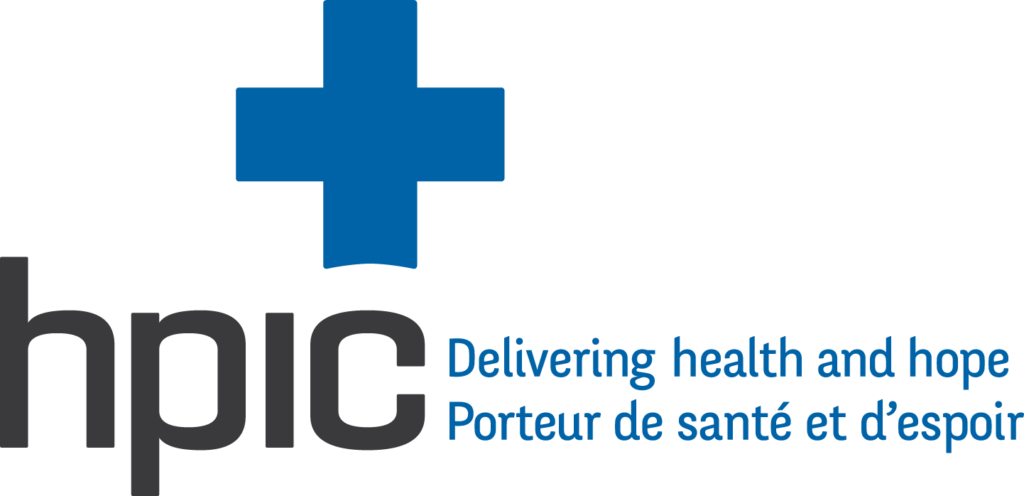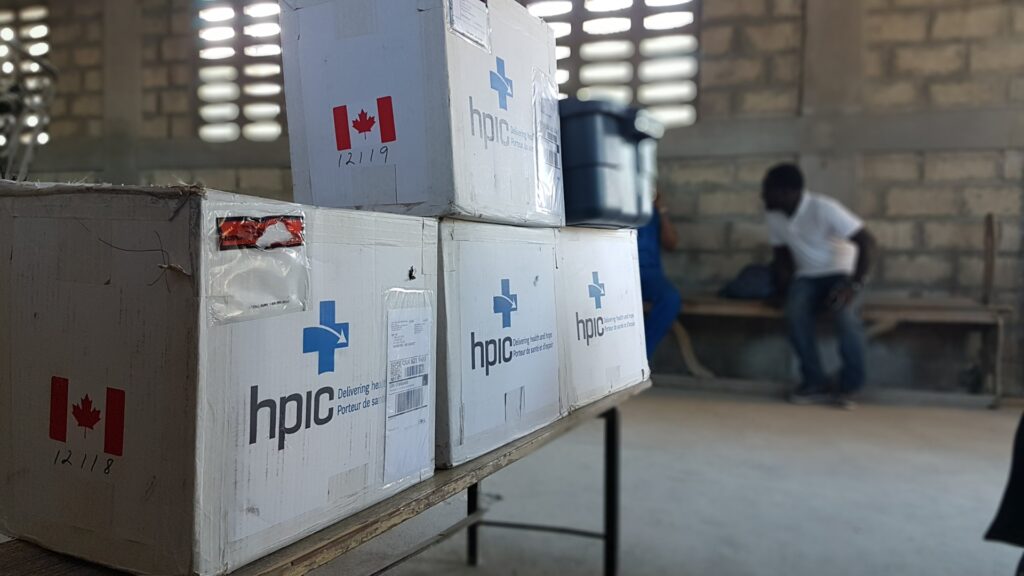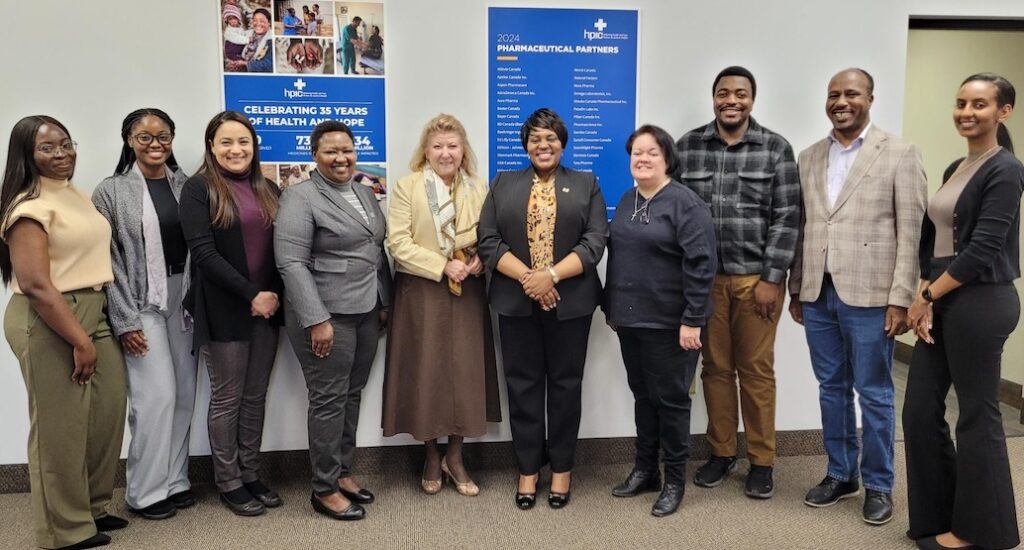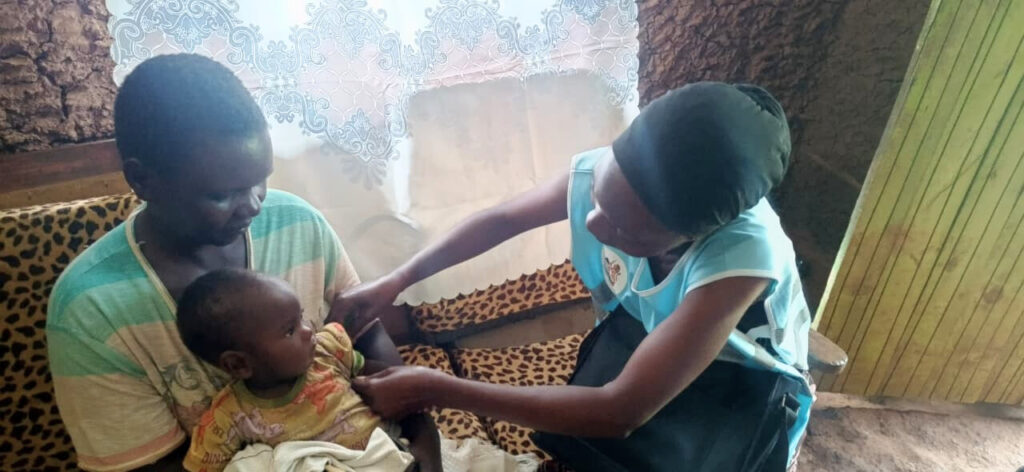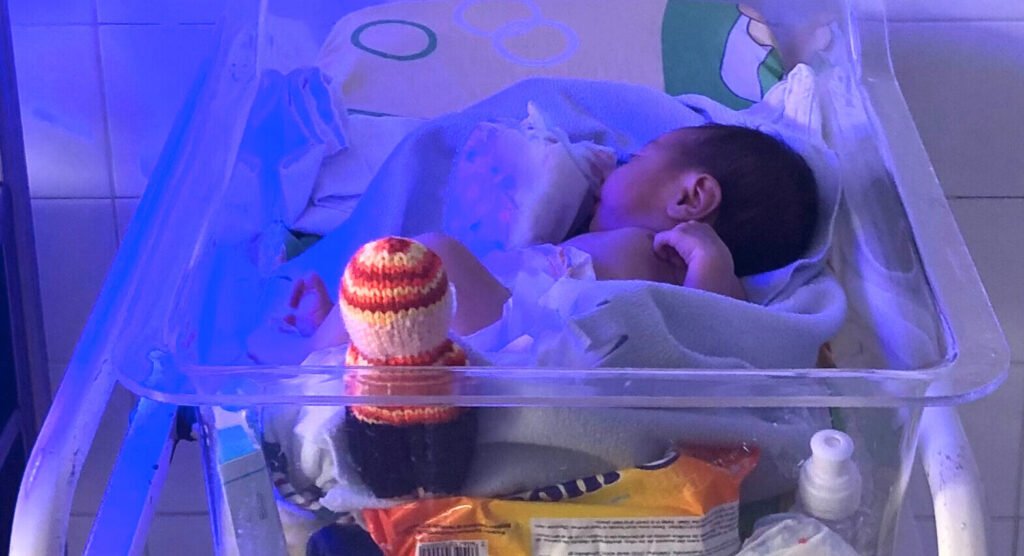Did you know that almost half of the world’s population doesn’t have access to healthcare?
In low and middle-income countries, economic situations frequently result in affordable and appropriate healthcare being largely unavailable. Healthcare facilities often battle serious shortages of essential medicines and medical supplies, and health workers are challenged daily as they carry out their work with limited resources.
On top of this, many families who are already struggling to provide food for their families cannot afford to buy medicine or access healthcare services. The poorest and most vulnerable people are often forced to choose between food and medicine.
A Canadian doctor shares the impact that our HMKs have on vulnerable communities by providing free and accessible healthcare for all:
“The medications from HPIC were instrumental in our volunteer medical trip to Sri Lanka. Sri Lanka’s ongoing economic crisis has made it very difficult for people to obtain vital medications. Many of these medications are widely available in North America but Sri Lankan government sponsored pharmacies were out of stock. Many of the people we served were from low-income areas who would not be able to afford the medications from privately run pharmacies. The people we served in Sri Lanka were immensely grateful that through HPIC we were able to offer medications free of charge. We look forward to working with HPIC again in the future and we commend them on the excellent work they are doing to serve people all around the world.”
– Dr. Damian Gunaratne, Kincardine, ON.
